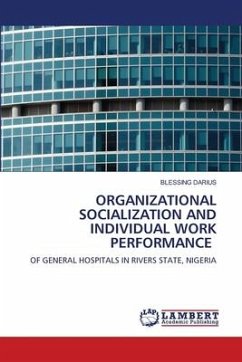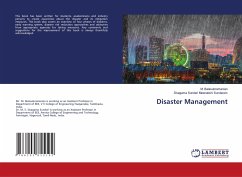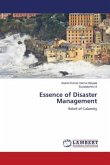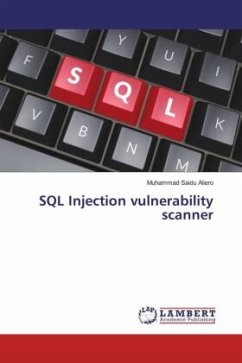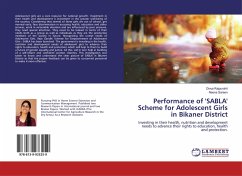Adolescents are considered a highly vulnerable customer group owing to their overconsumption of fast food, and existing scholars suggest that socialization agents play a prominent role in adolescent nutritional knowledge and purchasing preferences. Additionally, the current literature highlights that the consumption of fast food varies with social structures. Within this backdrop, the study aimed to analyze the moderating role of social structures on socialization agents and adolescent consumer vulnerability, due to the scarcity of existing studies relevant to the field. Primary data were collected from 910 adolescents studying in national government schools in Sri Lanka based on a stratified random sampling method. Results indicated that the five socialization agents; Peers, Parents, TV advertisements, the Internet, and Retailers-have a positive influence on adolescent consumer vulnerability in the Sri Lankan franchised fast-food industry, proving the first five hypotheses. Further, hypothesis six, seven, eight and nine were also proved, revealing that Family Income, Mother's Employment, Area Structure and Family Structure significantly moderates the above direct relationship.
Bitte wählen Sie Ihr Anliegen aus.
Rechnungen
Retourenschein anfordern
Bestellstatus
Storno


